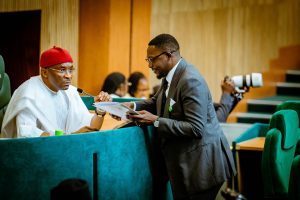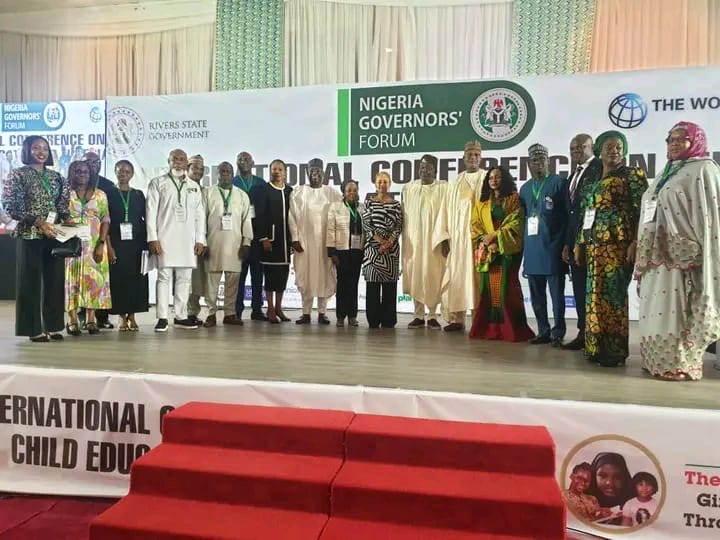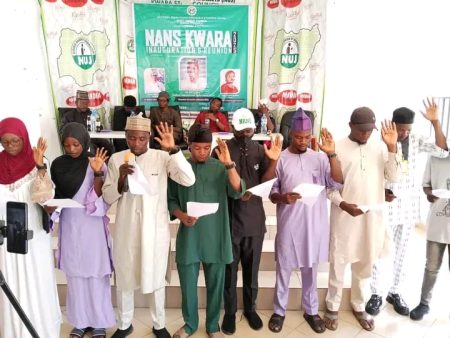Vice President Kashim Shettima has underscored the need for Nigeria to prioritize girl child education, calling for a united effort to eliminate gender-based barriers to quality education. Addressing the International Conference on Girl Child Education held at the Presidential Villa, Abuja, Shettima emphasized that government, traditional rulers, religious leaders, civil society organizations (CSOs), and the private sector must collaborate to ensure every Nigerian child has access to quality education.
Represented by Senator Ibrahim Hadejia, Deputy Chief of Staff to the President, Shettima stated, “The dignity of the girl child defines every civilization. We must champion reforms within our communities to create safe spaces for educating girls.”
He highlighted the importance of engaging local leaders and community figures to combat the consequences of neglecting girl child education, adding that education empowers girls to make informed decisions, particularly regarding their health. The Vice President also urged international donors, including the World Bank and African Development Bank, to continue supporting Nigeria’s efforts to make a lasting impact.
Shettima cited alarming statistics on out-of-school children in Nigeria, stressing that failure to address this issue will have long-term repercussions. He acknowledged that while the problem exists globally, the situation is particularly severe in Nigeria, especially in the northern regions, where out-of-school rates are highest.
He reiterated the role of the National Economic Council (NEC) in addressing the issue, noting that the council has made education a critical area of focus. The Vice President highlighted the Human Capital Development Programme’s goal of improving schooling and ensuring that no child, especially girls, is left out of the education system.
Shettima concluded by calling for state-specific action plans to tackle the unique challenges faced by different regions in Nigeria, urging immediate action to prevent further educational disparities.













